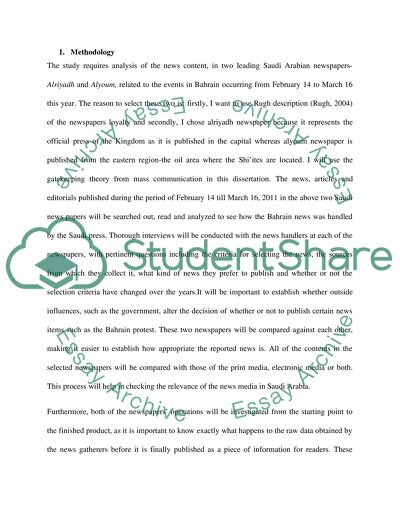Cite this document
(“Methodology Dissertation Example | Topics and Well Written Essays - 2500 words”, n.d.)
Retrieved from https://studentshare.org/gender-sexual-studies/1422089-methodology
Retrieved from https://studentshare.org/gender-sexual-studies/1422089-methodology
(Methodology Dissertation Example | Topics and Well Written Essays - 2500 Words)
https://studentshare.org/gender-sexual-studies/1422089-methodology.
https://studentshare.org/gender-sexual-studies/1422089-methodology.
“Methodology Dissertation Example | Topics and Well Written Essays - 2500 Words”, n.d. https://studentshare.org/gender-sexual-studies/1422089-methodology.


